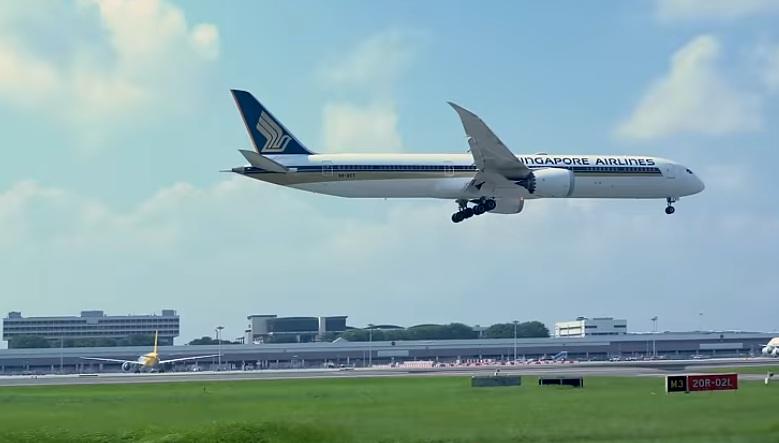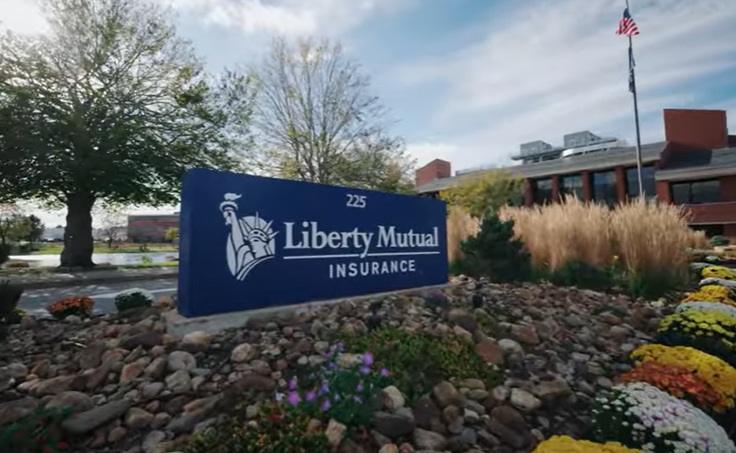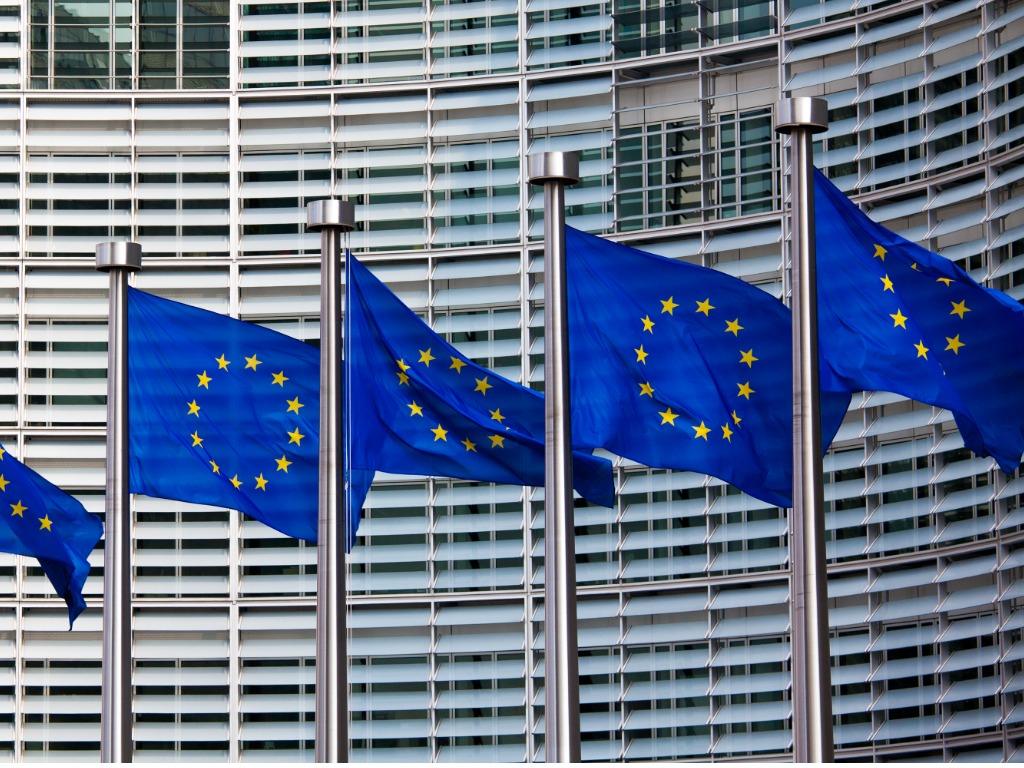Singapore Introduces Sustainable Aviation Fuel Fee for All Departing Passengers
Singapore’s Ministry of Transport’s Civil Aviation Authority (CAAS) announced that it will be implementing a new Sustainable Aviation Fuel (SAF) Levy for travelers and cargo on all departing flights, starting in April 2026.
Fees will range from S$1.00 (USD$0.77) for an economy-class passenger on a short-range flight to S$41.60 (USD$31.95) for a business-class passenger on a Americas-bound flight.
The new SAF levy follows the launch by CAAS in February 2024 of the Singapore Sustainable Air Hub Blueprint, outlining a series of key actions aimed at decarbonizing Singapore’s aviation sector with goals to reduce domestic aviation emissions from airport operations by 20% by 2030, and to achieve net zero domestic and international aviation emissions by 2050. The blueprint included a requirement for all departing flights from Singapore to use SAF, beginning at 1% from 2026, and expected to increase in following years.
When it launched the blueprint, CAAS said that use of SAF is anticipated to contribute nearly two thirds of the emissions reductions required for the sector to reach net zero by 2050.
The introduction of the levy forms part of the blueprint’s initiatives aimed at building an SAF ecosystem. The levy is based on the distance travelled by the flight, and the volume of SAF needed to meet the 1% SAF target for 2026 and the projected price premium of SAF over conventional jet fuel and other associated costs, including the cost of certification, blending, and delivery
While CAAS had originally estimated the levy for economy class passengers to be S$3.00, S$6.00, and S$16.00 for flights to Bangkok, Tokyo and London, respectively, the actual fee to be charged will be substantially lower – at S$1.00, S$2.80, and S$6.40 to each destination, respectively – due to the lower cost of SAF since the estimates were released early last year.
The new system will also introduce levies on cargo on a per-kilogram basis, also based on distance travelled, as well as on business aviation flights on a per aircraft basis, based on aircraft type and distance travelled. A Gulfstream G650 flying to London, for example, would be charged a levy of S$1,200.
According to CAAS, the levies collected will go into a statutory SAF Fund, which will be used solely for the purchase of SAF and SAF environmental attributes, and to cover related administration costs.
CAAS General Director Mr Han Kok Juan said:
“The introduction of the SAF Levy marks a major step forward in Singapore’s effort to build a more sustainable and competitive air hub. It provides a mechanism for all aviation users to do their part to contribute to sustainability at a cost which is manageable for the air hub. We need to make a start. We have done so in a measured way, and we are giving industry, businesses and the public time to adjust.”





